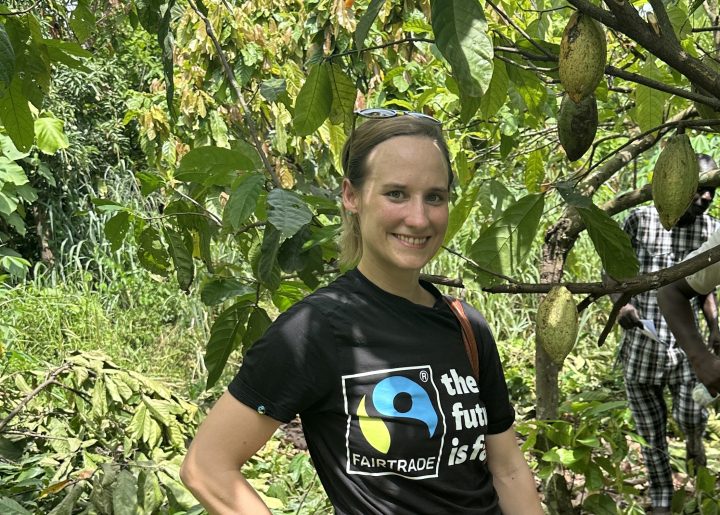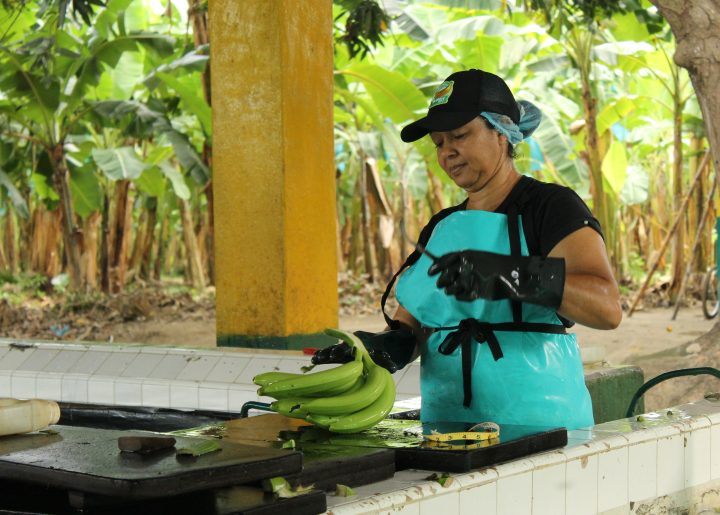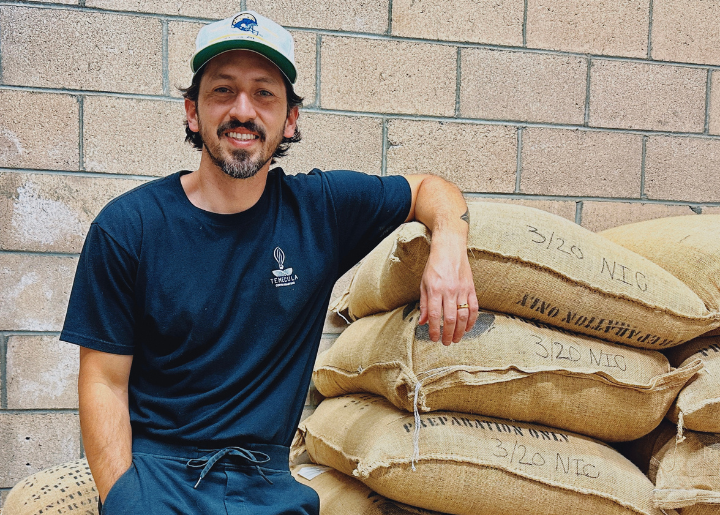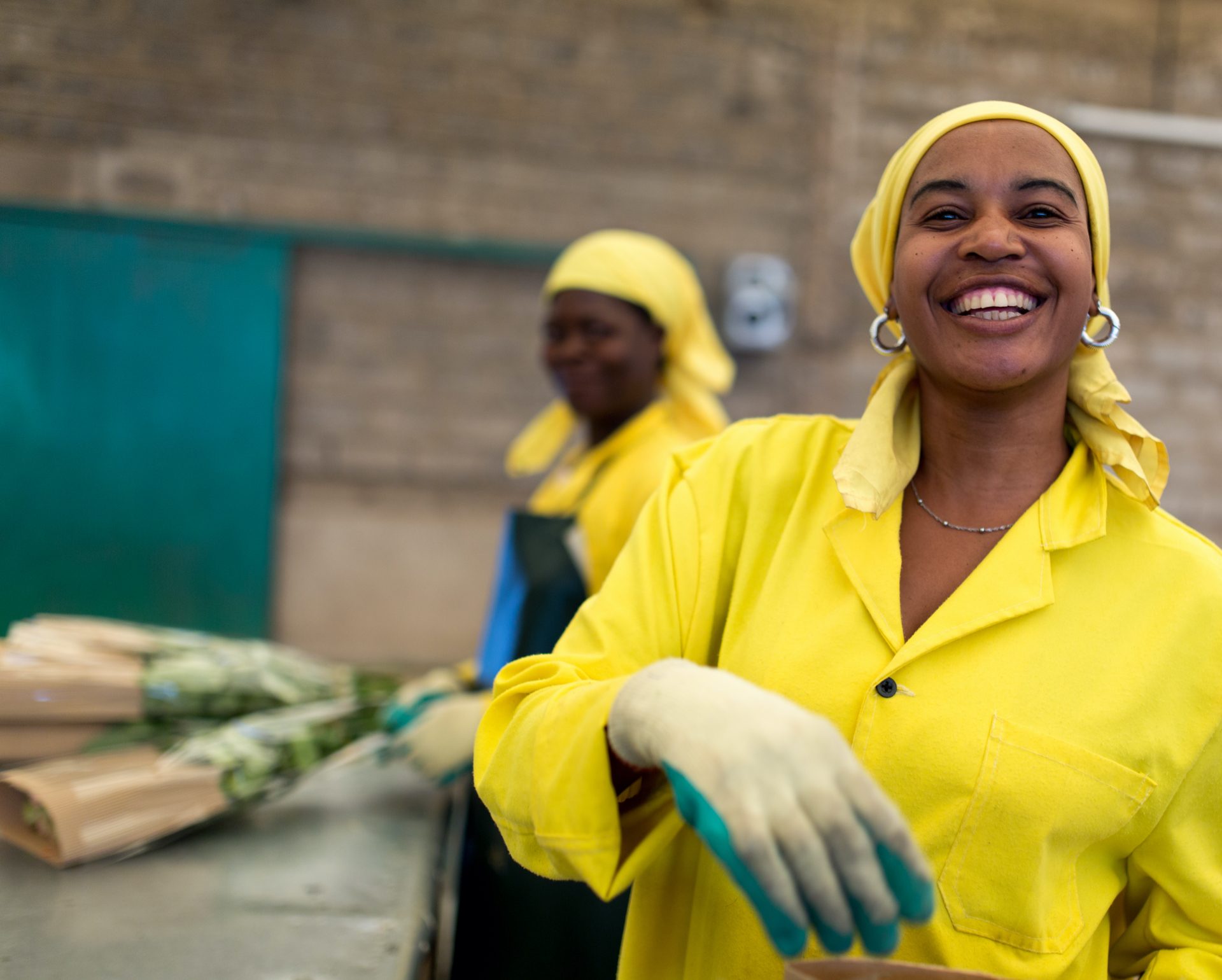Make My Coffee Profitable, Future of Coffee Depends on Adequate Income
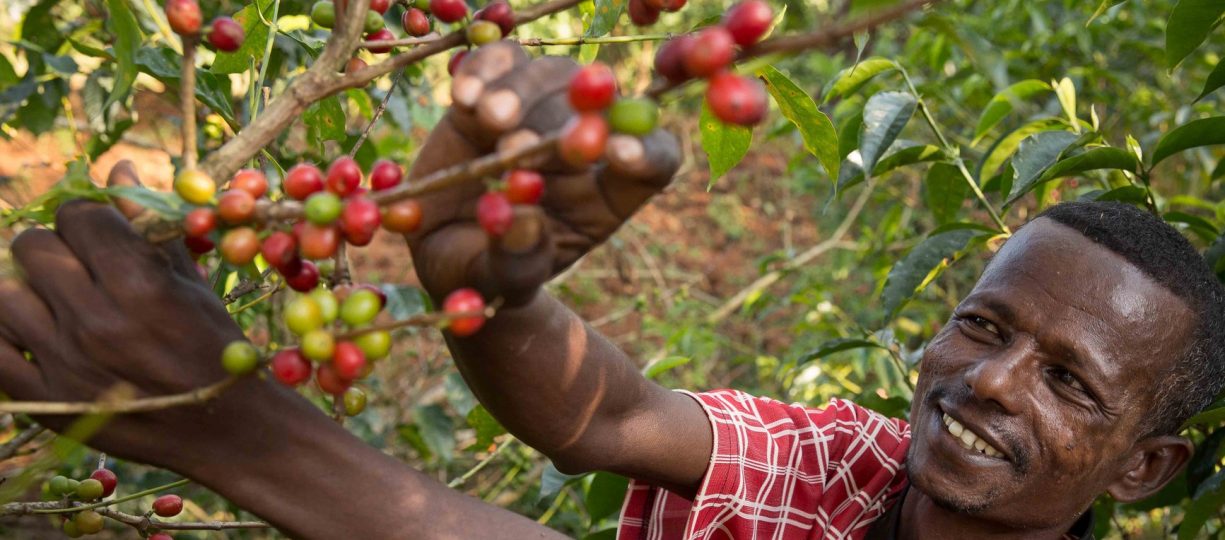
New research finds that the future of coffee depends on adequate income for farmers. A pilot study by Fairtrade International and True Price shows that despite sustainability pledges in the coffee sector, many coffee farmers struggle to make ends meet.
Fairtrade calls for a government and industry-wide response so that coffee farmers can earn a decent income and support their families.
The report is one of the most detailed studies into coffee farmer income to date. Covering farmers in Rwanda, Tanzania, Uganda, Kenya, India, Indonesia and Vietnam, the research sheds light on how much coffee farmers actually earn and Fairtrade’s potential impact on household income. Most coffee farmers do not earn a living income from their coffee. A highly competitive coffee market, speculation on futures markets and low Fairtrade sales for farmers are key contributing factors. Low income from coffee, in turn, leads to a lack of investment at the farm level and even lower yields, perpetuating a cycle of poverty and threatening the future of coffee.
Download a two-page overview of key findings here (PDF).
Coffee’s contribution to household income varies widely across countries
The study reveals that for many farmers, coffee is just one source of income and their dependence on it varies greatly. On average about 50 percent of household income results from coffee production. However results differed between countries: Farmers in Indonesia rely heavily on income from coffee for example, whereas Kenyan farmers mainly earn a living from sales of other farm goods or other employment away from the farm.
IT IS IMPORTANT THAT, BESIDES ADDRESSING FACTORS SUCH AS PRODUCTIVITY OR EFFICIENCY, STAKEHOLDERS IN THE COFFEE SECTOR PUT THE PRICING QUESTION HIGH ON THEIR AGENDA.
Dario Soto-Abril, CEO of Fairtrade International
Indonesian and Vietnamese farmers have the highest farmer household incomes, mainly due to high income from coffee in these countries. Furthermore, only Indonesian farmers currently earn a living household income from coffee production alone.
“Although overall household income depends very much on the local context and on factors such as productivity or farm size, a higher coffee price is one key enabler for households to earn a living income. It is important that, besides addressing factors such as productivity or efficiency, stakeholders in the coffee sector put the pricing question high on their agenda,” said Dario Soto-Abril, Fairtrade International’s Global CEO.
Find more insights from the research on the Daily Coffee News.
A call to action for the entire coffee sector
Fairtrade’s ambition is to see small-scale farmers earning a living income that provides them and their families with a sustainable, dignified livelihood. This pilot study will inform our living income strategy, building on the pioneering work we are already doing on living wages for workers on Fairtrade plantations. The Fairtrade Minimum Price is just one of many ways that Fairtrade supports farmers. Other activities will include market development, supporting diversification into other crops, and improving yields and farm efficiency. We also intend to extend this kind of study to other origins, particularly Latin America, and other products in the future.
“This pilot is an important first step towards a comprehensive view of coffee farmers´ income and identifying the main constraints and potential enablers to improve it,” said Adrian de Groot Ruiz, True Price’s Executive Director. “Together with Fairtrade’s experience on collection of data and knowledge of farmer reality we were able to develop a robust methodology that can be easily replicated and used for future assessments of farmer household incomes.”
“We are strongly committed to working with Fairtrade’s producer organizations and commercial partners to address the issue of living income for farmers, and decent wages for their workers. However, Fairtrade cannot address this issue alone. Coffee farming is often not the main source of household income and many farmers only sell a fraction of their coffee as Fairtrade. Collaboration and the support of governments, civil society and the entire coffee sector are key to delivering better lives for farmers,” said Dario Soto-Abril.
Fairtrade is presenting the results of the study at the European coffee conference, World of Coffee in Budapest, Hungary on Wednesday, June 14th. Details can be found at https://www.fairtrade.net/new/events.html
Download an Executive Summary of the report here (PDF).
To request a copy of the full report, contact questions@fairtradeamerica.org
###
Learn more at www.fairtradeamerica.org or follow Fairtrade America on @FairtradeMarkUS.
Press Office
+1.202.391.0525
questions@fairtradeamerica.org
Topics
We’re in this together
Fairtrade America partners with brands on the journey to certification and beyond. We can help with everything from finding a certified supply chain to marketing your newly certified product.
Get in Touch
